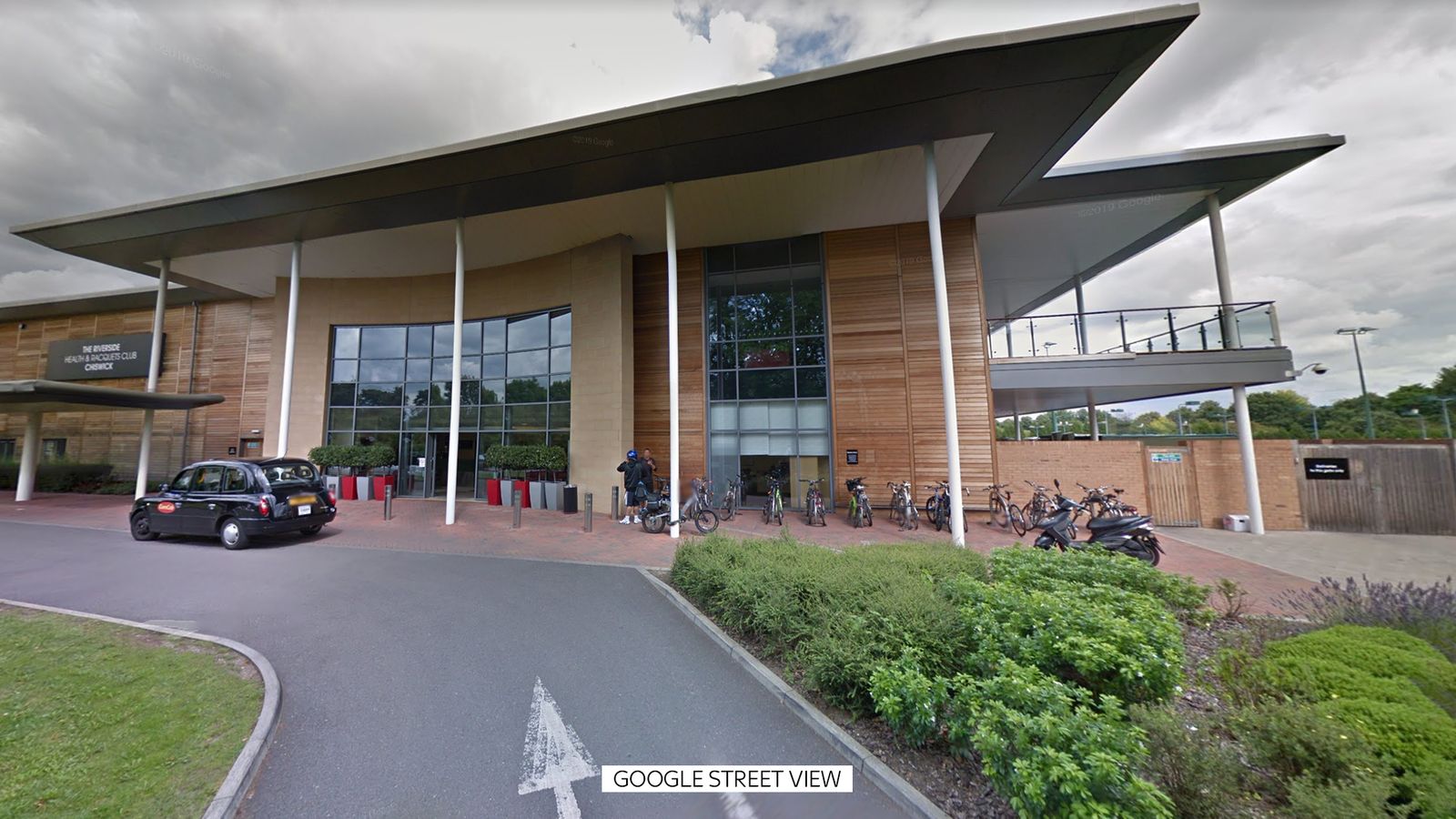Nearly 2,500 jobs are at risk if Virgin Active’s British creditors block a restructuring of the gym chain part-owned by Sir Richard Branson.
Sky News has learnt that the company is drawing up contingency plans to appoint administrators by early June unless it convinces lenders and landlords to support a wide-ranging restructuring.
In documents circulated this week to creditors, Virgin Active said it hoped to complete a rescue deal in late April.
However, it said that if the restructuring was not implemented by the end of May, “the Plan Companies [a reference to the affected subsidiaries] consider (based on advice from Deloitte and its other professional advisers) that absent a prompt and significant liquidity injection they would have no choice but to enter into administration”.
Virgin Active added that such an insolvency process would not have the ambition of rescuing the health and fitness operator as a going concern.
“Rather, the administration would involve a sale and wind-down of the Plan Companies’ assets and businesses.”
The bleak warning underlines the high stakes for one of the UK’s biggest gym chains after a year in which it has seen its roughly 40 sites forced to close.
One person close to Virgin Active said they did not expect the insolvency scenario to materialise, partly because the company’s banks are said to be supportive of the rescue plan.
Sky News revealed earlier this week that Virgin Active was preparing for a court battle to force the plan through, with a number of landlords said to have been angered by the proposals.
In the restructuring scheme documents, the company warns that a number of its UK sites are not economically viable, raising the prospect that they may face closure even if creditors vote in favour.
Virgin Active wants to implement its refinancing under Part 26A of the Companies Act, meaning that a creditor group such as its landlords faces being “crammed down” – or forced to accept the terms even if they vote against the scheme.
The mechanism’s prospective use by Virgin Active is understood to be the first time it will have been used to “cram down” landlords.
The restructuring plan would only apply to Virgin Active’s UK operations.
Launched in Britain in 1999, the group now has 236 clubs in eight countries, including Australia, Botswana, Italy and South Africa.
At the end of 2019, it had more than one million members worldwide.
The pandemic’s impact has been severe, however, resulting in revenues halving last year and a loss before interest, tax, depreciation and amortisation of £42m.
Virgin Active also saw 100,000 members leave during the year.
Under its proposals, its shareholders would inject £45m of cash, alongside roughly £17m of royalty fee deferrals.
Brait, a South Africa-based group, owns 72% of the group, with just under 18% owned by Sir Richard.
Virgin Active UK’s lending syndicate has been asked to amend and extend existing facilities, with the possibility of a larger debt package if required.
Landlords, meanwhile, are being asked for a write-off or deferral of rent arrears from UK-wide lockdowns, alongside temporary rent reductions and a switch in some cases to a turnover-based rent model.
The shareholders’ £62m contribution would account for more than half of the total financial contribution from all stakeholders, the source added.
A number of Virgin Active’s UK property-owners had begun exploring moves to end their relationship with the gym chain.
Landlords at a handful of Virgin Active’s UK sites have appointed Coffer Corporate Leisure to canvas interest from potential alternative tenants.
Virgin Active has frozen membership fees during the enforced closures, further squeezing cashflow.
Last year, shareholders including Virgin Group injected about £20m into the business during the first nationwide lockdown.
Deloitte, the accountancy firm, is overseeing the restructuring plan, which is expected to be heard in court later this month.
The gym chain’s lenders are being advised by Alvarez & Marsal.
A Virgin Active spokesman said: “Virgin Active UK was a successful business going into the pandemic and has exciting growth opportunities for the future.
“It has launched a restructuring plan which includes shareholders contributing an additional £70m in total and has support from its banks.
“This proposal will provide greater financial flexibility, thereby enabling us to emerge from the crisis as a stronger business, better placed to capitalise on a growing health and wellness market.”






















